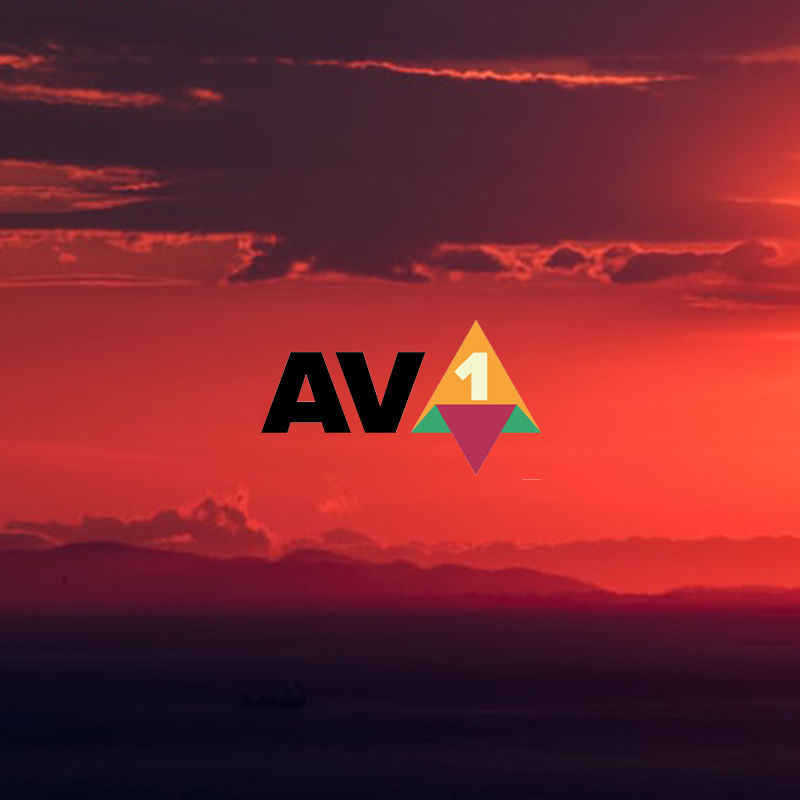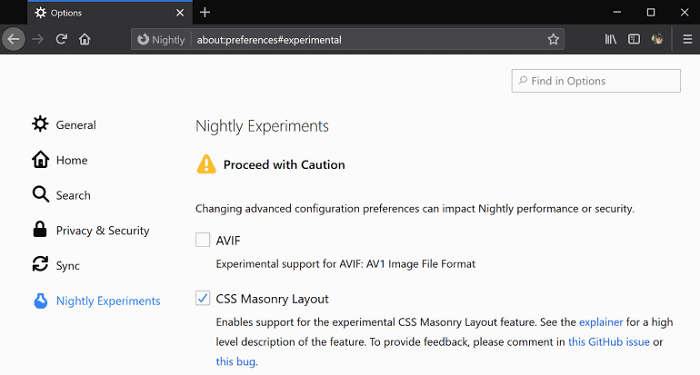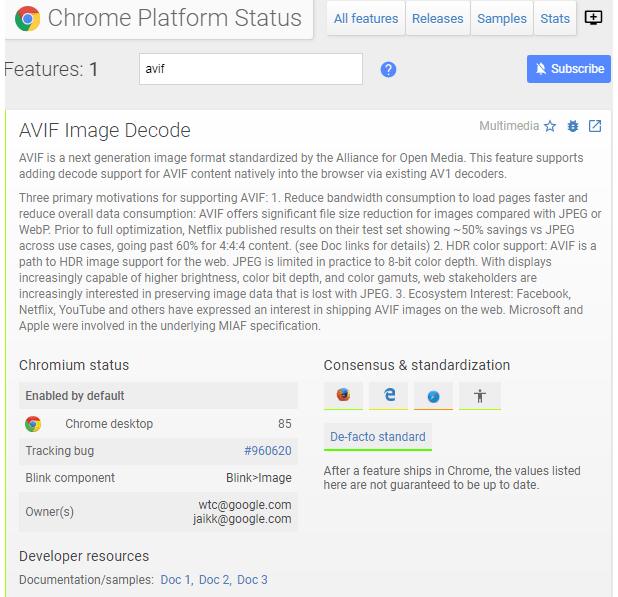
It was back in December 2018 that Netflix. the media-services provider and production company, published the first .avif image samples.
After the image standard was formally approved in February 2019, support was first added to the open-source cross platform VLC media player, followed by Microsoft in Windows 10 through some of its apps, and then followed by some image editors.
AVIF is an image format considered to be one of the lightest and most optimized image compression formats.
By far, it's superior to the more common image formats, like JPEG and PNG. It's even superior to the newer WebP.
With this fact, it has been predicted from the very beginning that web browsers would soon adopt the image format, considering that the web is full of images. And this came true as the image format starts gaining support from two popular web browser: Google Chrome and Mozilla Firefox.
AVIF stands for AV1 Image File Format.
The format is based on AV1 encoding, which is a video codec that was developed in 2015, by the Alliance for Open Media founding members – Amazon, Cisco, Google, Intel, Microsoft, Mozilla and Netflix. Shortly after its launch, it quickly became one of the most popular royalty-free video codecs on the market.
As AV1 matured, the Alliance for Open Media decided to expand the AV1 format to also include image.
Based on the AV1 compression algorithms, the AVIF format was created to reduce the image volume of other web scenarios, with image-quality rivaling the HEVC-derived HEIF.
It does this by encapsulating AV1 intra-frame coded content to take advantage of the compression gains achieved by AV1.
As an open, royalty-free video coding format, it's biggest features are lightweight and unauthorized.


According to Netflix on its blog post:
"Although modern video codecs were developed with primarily video in mind, the intraframe coding tools in a video codec are not significantly different from image compression tooling. Given the huge compression gains of modern video codecs, they are compelling as image coding formats."
Mozilla began working on adding AVIF support to Firefox in January 2020, and initially, the feature was supposed to go live in May, with Firefox 76.
However, the 'COVID-19' coronavirus pandemic delayed Mozilla's plans. So here, Mozilla initially introduced AVIF in its Firefox Nightly, and plans to release the its full support with the release of Firefox 80, unless it's delayed again.
As for Chrome, Google plans to release it later this 2020 with Chrome 85. In the meantime, the support for AVIF has been added to the Chromium, the browser engine that powers Chrome.
It should be noted that at this time, AVIF is still in its deployment stage, meaning that it's still not yet widely used on the web.
The Alliance for Open Media has developed an open-source library called libavif, that can encode and decode AVIF images. The goal of this library is to ease the integration in software from the image community.
Major efforts are also ongoing to speed up the adoption of this AVIF image decoding.
